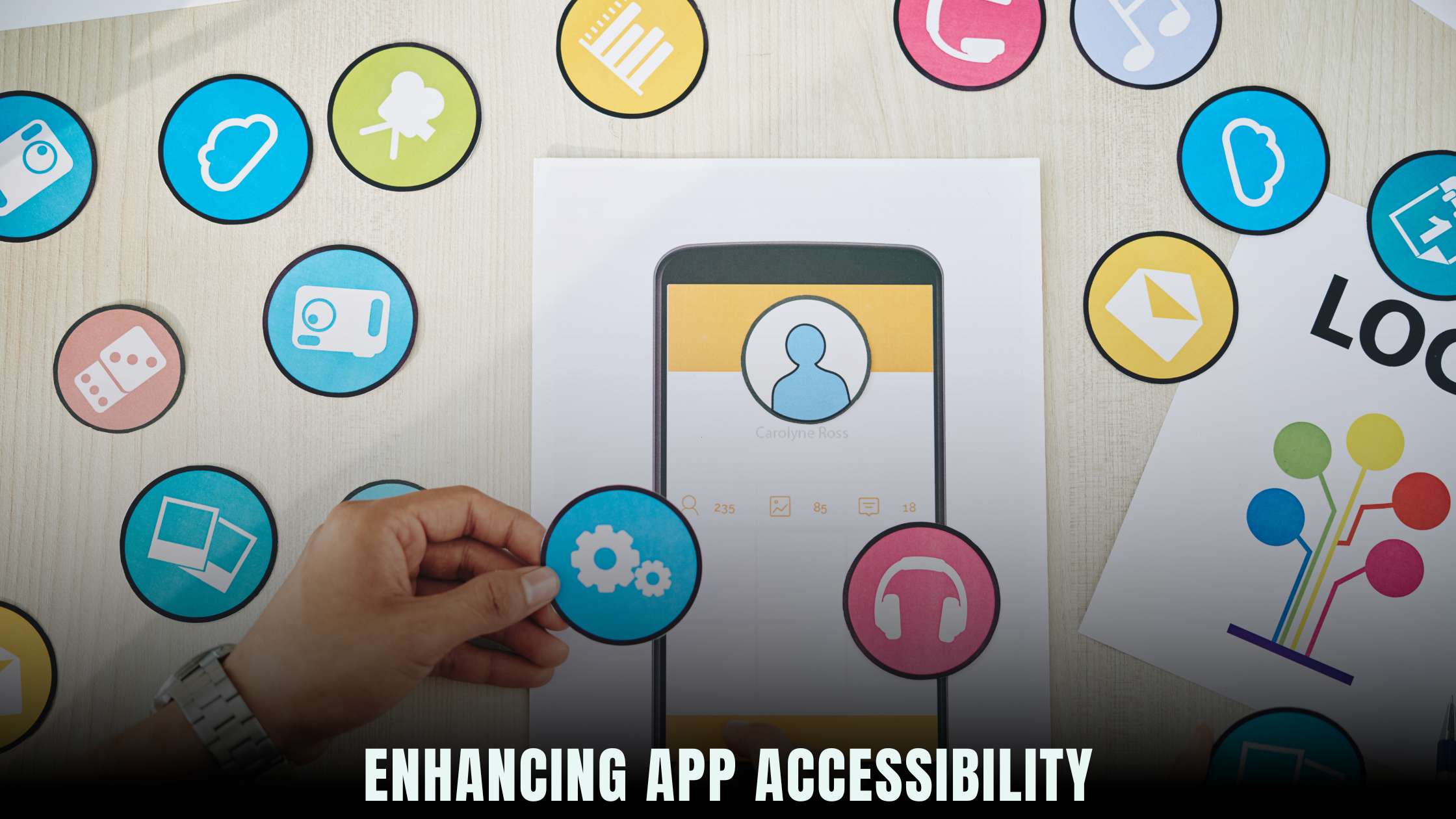Cross-Platform Apps: Creating Universally Compatible Mobile Apps
- WebOps Platforms Bug Tracking & Feedback Software Web Development & Design


Cross-Platform Apps: Creating Universally Compatible Mobile Apps
In today’s digital landscape, mobile apps have become a cornerstone of business success, providing companies with a powerful tool for engaging customers, driving sales, and enhancing brand visibility. However, developing mobile apps that operate seamlessly across different platforms and devices can be a daunting task for businesses. Enter cross-platform app development—the solution to creating universally compatible mobile apps that reach a wider audience and deliver a consistent user experience across various devices and operating systems. In this article, we’ll delve into the world of cross-platform app development, exploring its benefits, challenges, and the top tools available to streamline the process.
Understanding Cross-Platform App Development
1. Benefits of Cross-Platform App Development
Cross-platform app development allows businesses to build mobile apps using a single codebase that can be deployed across multiple platforms, including iOS, Android, and even web browsers. By leveraging cross-platform development frameworks like React Native, Flutter, and Xamarin, businesses can save time, reduce costs, and reach a broader audience with their mobile apps.
2. Challenges and Considerations
While cross-platform app development offers numerous advantages, it also presents unique challenges and considerations. Differences in platform-specific features, performance optimization, and user interface design can pose challenges for developers aiming to create a seamless experience across all platforms. However, with careful planning, thorough testing, and the right development tools, businesses can overcome these challenges and achieve success with cross-platform app development.
3. Key Features of Cross-Platform Development Frameworks
Cross-platform development frameworks offer a range of features and capabilities to streamline the app development process. From hot reloading for faster iteration cycles to native module support for accessing platform-specific APIs, these frameworks empower developers to create high-quality, feature-rich mobile apps with ease. Additionally, built-in tools for debugging, testing, and performance monitoring help ensure the reliability and stability of cross-platform apps.
4. Best Practices for Cross-Platform App Development
To maximize the benefits of cross-platform app development, businesses should adhere to best practices and industry standards throughout the development lifecycle. This includes optimizing app performance, designing for a consistent user experience across platforms, and leveraging platform-specific features when necessary to enhance functionality and usability. By following these best practices, businesses can create universally compatible mobile apps that delight users and drive business growth.
Relevant SaaS Products for Cross-Platform App Development
To facilitate cross-platform app development and streamline the app development process, here are some relevant SaaS products worth considering:
- React Native: React Native is a popular open-source framework for building cross-platform mobile apps using JavaScript and React. It enables developers to write code once and deploy it across multiple platforms, including iOS and Android, while retaining the performance and look and feel of native apps.
- Flutter: Flutter is Google’s UI toolkit for building natively compiled applications for mobile, web, and desktop from a single codebase. With its fast development cycles, expressive UI, and native performance, Flutter is an excellent choice for cross-platform app development.
- Xamarin: Xamarin is a Microsoft-owned framework for building cross-platform mobile apps using C# and .NET. It allows developers to share code across platforms, access native APIs, and leverage platform-specific features to create high-performance, native-quality apps.
- Appcelerator Titanium: Appcelerator Titanium is an open-source platform for building native cross-platform mobile apps using JavaScript, XML, and Alloy MVC framework. It provides a rich set of APIs, pre-built modules, and cloud services to accelerate app development and simplify the deployment process.
- PhoneGap (Apache Cordova): PhoneGap is a mobile application development framework that enables developers to build cross-platform apps using web technologies such as HTML, CSS, and JavaScript. It allows for rapid prototyping, easy integration with third-party plugins, and seamless deployment to multiple platforms.
Leveraging Subscribed.FYI for Cross-Platform Development Tools
For businesses seeking to explore and compare cross-platform development tools, Subscribed.FYI offers a comprehensive platform where users can discover, evaluate, and manage SaaS tools tailored to their specific needs. With its curated list of cross-platform development tools and insightful reviews, Subscribed.FYI empowers businesses to make informed decisions and choose the best tools to create universally compatible mobile apps.
Unlock exclusive deals and savings on premium cross-platform development tools with Subscribed.FYI Deals, and take your app development efforts to new heights.
Relevant Product Links:





